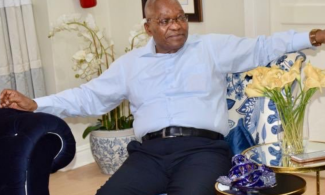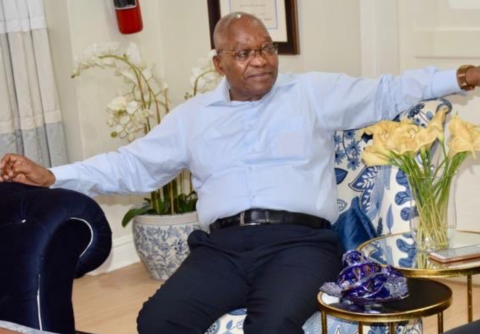
More than 500 billion rand ($29 billion) was stolen from state companies and government departments, according to Ramaphosa, but only a handful of high-profile individuals have been arrested
Former South African President Jacob Zuma, who is facing corruption, racketeering and money-laundering charges dating back to the 1990s, appeared in court after failing in repeated attempts to avoid standing trial, Bloomberg reports.
Zuma has argued that the case is politically motivated, but the Supreme Court of Appeal ruled in 2017 that a 2009 decision not to pursue the charges was “irrational” and other courts dismissed his bid to have it scrapped.

The High Court in the eastern city of Pietermaritzburg held a pre-trial hearing on Tuesday to discuss how the case should proceed. Judge Kate Pillay adjourned the matter until Sept. 8 when a trial date is likely to be set.
The prosecution is a boon for Zuma’s successor, Cyril Ramaphosa, who is under pressure to follow through on a pledge to tackle the corruption that became pervasive during Zuma’s almost nine-year rule.
More than 500 billion rand ($29 billion) was stolen from state companies and government departments, according to Ramaphosa, but only a handful of high-profile individuals have been arrested and none have been convicted so far.
Prosecutors spent eight years investigating allegations that Zuma, 78, took 4.07 million rand in bribes from arms dealers, including Thales SA -- his co-accused in the trial.
They abandoned the case months before he became president in 2009, saying taped phone calls indicated that the chief investigator may have used the case to frustrate Zuma’s efforts to win control of the ruling African National Congress.
The Democratic Alliance, the main opposition party, successfully challenged the decision to drop the charges.
The ANC forced Zuma to step down under threat of impeachment in February 2018 to stem a loss of support and replaced him with Ramaphosa, who had won the party leadership two months earlier.